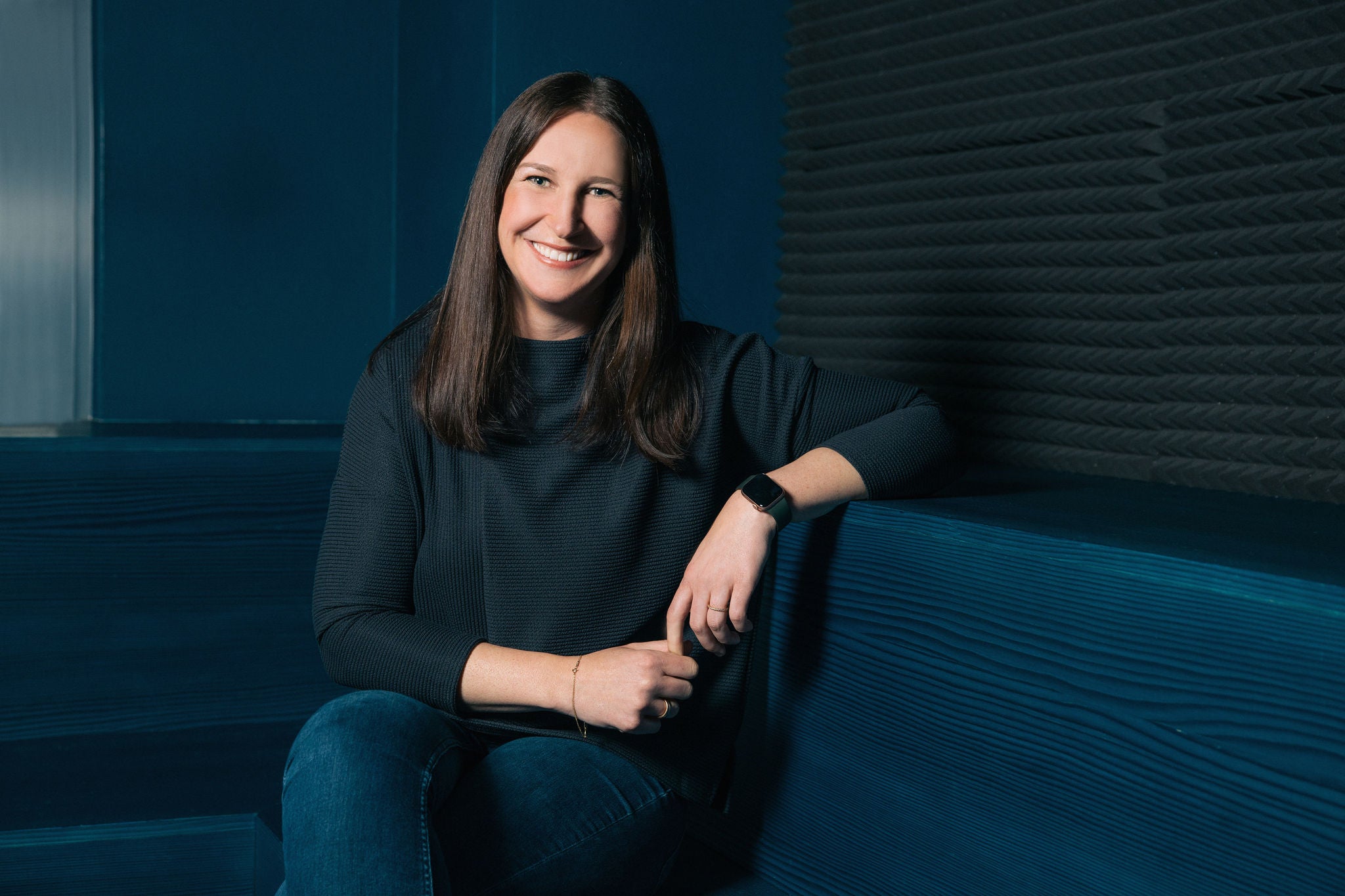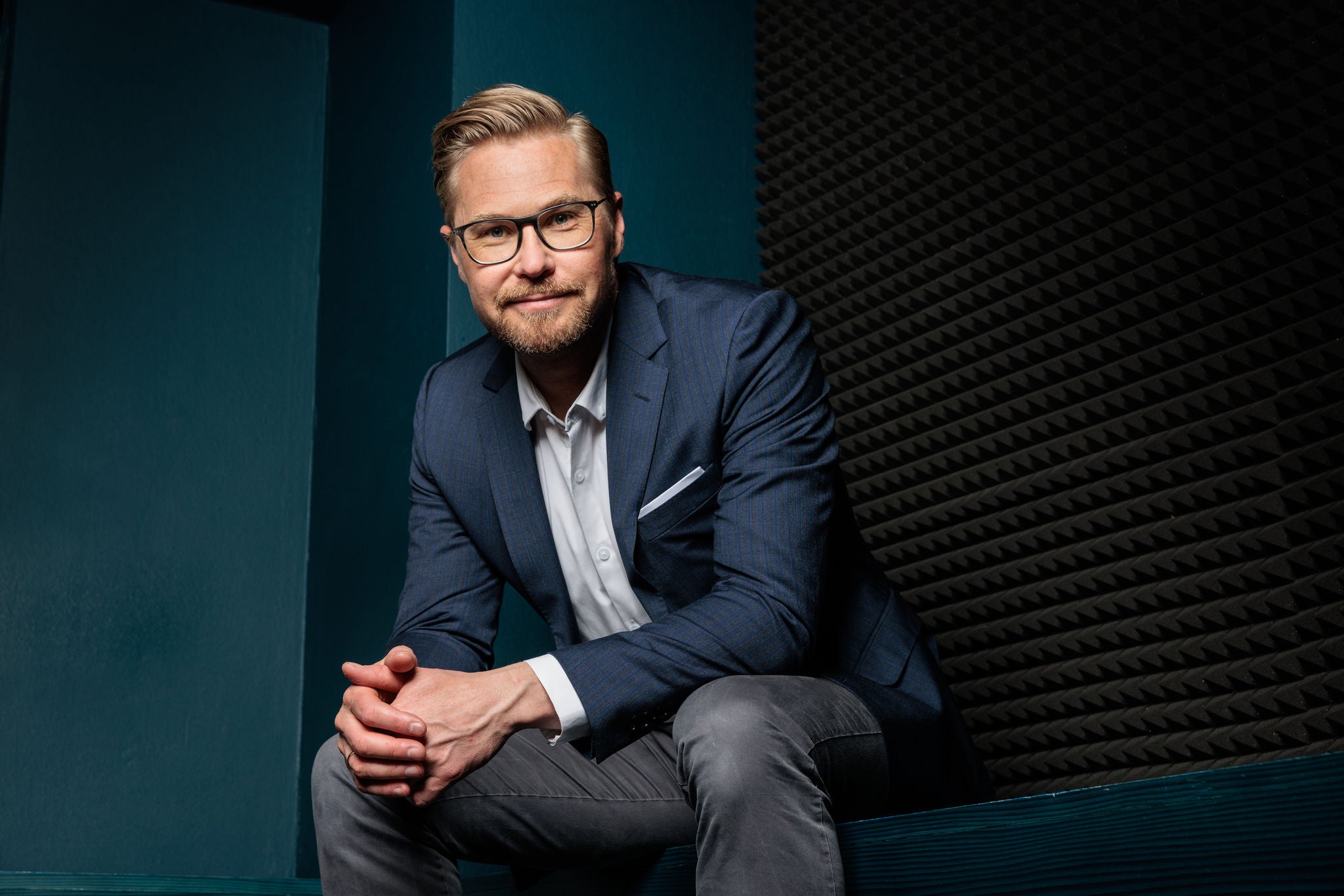
How green will CMOs be in 2023?
More marketing power for sustainability? In an interview with Serviceplan CSO Stefanie Kuhnhen, she revealed how green the 2023 marketing year will actually be.
Best Trends: Stefanie, you are a forward thinker, close to the trends and developments in marketing and innovation. Can 2023 give further impetus to the theme of sustainability in communications from successful brands?
Stefanie Kuhnhen: I am convinced it can, because external factors will go on forcing us to make sacrifices and explore other ways of thinking. We have arrived right in the middle of an age of austerity - something people and brands have not seen for the last 50 years. This means we have to create completely new narratives for people and new ways of thinking for brands. It has also been clear from surveys, such as our most recent CMO Barometer, that sustainability remains a relevant marketing theme for CMOs, despite the approaching recession. Additionally, analyses have not only shown that the will is there, but also that significant initial steps have been taken in marketing. However, if we are talking about consistent implementation and clear progress, marketing limps along behind as a function of the overall organisation. This is precisely the sticking point where I would really like to start with the CMOs in the next year, because at C-level, the brand is the most decisive driver of sustainability in a company. Here, we have powerful marketing leverage, which we should be making better use of!
Best Trends: You are certainly close to the companies and even get to see their actual sites. What specific advice do you have for ensuring sustainable and effective company-wide success from the good intentions of CMOs?
Stefanie Kuhnhen: Asmarketers we need to start to see our role as a significantly more central one, and become more mindful of positioning ourselves at the cutting edge of the company’s move towards sustainability. We should build on this to understand and use marketing more systematically and consistently in the next year, because brands and the entire marketing mix are also decisive factors that can add value in the move towards sustainability, but are failing to live up to their potential. In Europe, including Germany, our efforts tend to be erratic, whereas in the English-speaking sphere, with brands like Patagonia, Pedigree, Ben & Jerrys, and even Chipotle, we are already seeing brands that on the one hand, are re-aligning the marketing mix – alongside communication and product development, price and distribution have also become means of consistently implementing sustainability. On the other hand, however, those brands go even one step further and are systematically re-inventing their companies. With an expanded set of stakeholders, including partners, policy makers and NGOs, they are completely transforming their sectors into new economies. This is really exciting, and I am convinced we will see such closing of ranks everywhere in this age of austerity. Moreover, the brands positioning themselves at the vanguard of this will be the ones who achieve success.
Another aspect that we marketing people often lose sight of is that in order for sustainability transformation to be effective, marketing must expressly cover the increased need for communication in all directions, because without inspiring stories and new narratives we will not be successful. Marketing is the invisible lubricant, increasing the importance of CMOs in times of change. Moreover, precisely because communication offers quite new opportunities to use every stakeholder to the best advantage nowadays, what with digital possibilities and fast coverage, this gives us immense power. Therefore, if your company is seeking to be climate-neutral by 2030, CMOs must, can, and should be holistic in their marketing approach and make as big a contribution as possible to the corporate goal. This is where we can take on a major leadership role.
Best Trends: Thinking and acting more systematically and holistically is certainly a wise advice. You have just mentioned top brands, such as Patagonia and Pedigree. In your opinion, what was the starting point for their success, from which companies could take inspiration?
Stefanie Kuhnhen: If we take a look at Patagonia's statement of purpose, we will find excellent food for thought: "To build the best product, cause no unnecessary harm, use business to inspire and implement solutions to the environmental crisis.” Is that not wonderful in these exciting and formative times? As CMOs, when we ask ourselves how we can consistently use what is possible within our company to be part of the solution to a problem, then that is the best question to start with if we want to act holistically in marketing and across the company as a whole!


